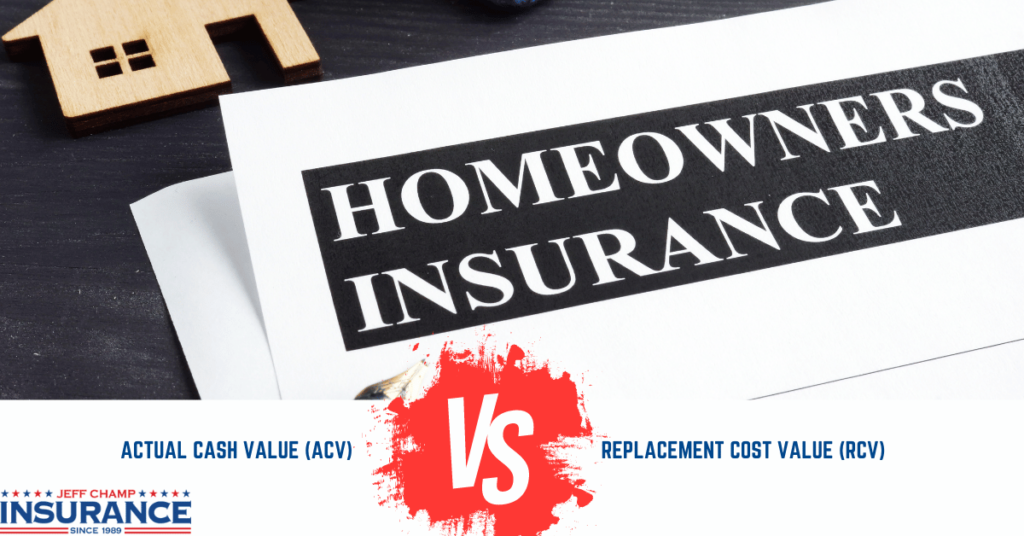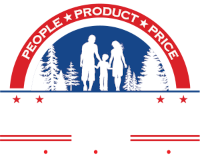As your trusted Farmers Insurance agent, Jeff Champ, I frequently encounter questions from clients about the difference between Actual Cash Value (ACV) and Replacement Cost Value (RCV) in homeowners insurance policies. Understanding these two options is essential as it can greatly impact your coverage in the event of a loss. In this post, I’ll explain each option, along with their pros and cons, to help you make an informed decision.
Actual Cash Value (ACV)
Actual Cash Value is the cost to replace an item with a similar one, minus depreciation. This means if you were to suffer a loss, the insurance payout would be the current market value of the item, not what you originally paid for it.
Advantages:
Lower premiums: ACV policies usually come with lower premiums than RCV policies, making them a more affordable option for some homeowners.
Simplicity: ACV policies can be less complex to understand because they factor in depreciation, offering a straightforward approach to insurance coverage.
Disadvantages:
Lower payouts: The depreciation factor means that you may receive less than what it would cost to replace the item, potentially leaving you with out-of-pocket expenses.
Replacement Cost Value (RCV)
Replacement Cost Value, on the other hand, is the cost to replace the damaged item with a new one, without considering depreciation. In the event of a loss, you are covered for the full cost of replacing the item, up to your policy’s limit.
Advantages:
Higher payouts: RCV policies can provide higher payouts because they don’t account for depreciation. This can be beneficial if you suffer a significant loss.
Financial protection: With RCV, you’re better protected against inflation and rising replacement costs, offering peace of mind knowing you can fully replace your belongings.
Disadvantages:
Higher premiums: As RCV provides more extensive coverage, it usually comes with higher premiums.
Potential over-insurance: You might end up paying for more coverage than necessary if your home’s replacement cost is less than its market value.
Choosing between ACV and RCV depends on your personal situation, financial capacity, and risk tolerance. Consider your budget, the age and condition of your home, and how willing you are to bear potential out-of-pocket costs when making a decision.
As your Farmers Insurance agent, I’m here to guide you through these considerations and help you find a policy that best fits your circumstances. Don’t hesitate to reach out if you have any questions or would like to discuss your options!
Stay safe and insured,
Jeff Champ, your Farmers Insurance Agent


